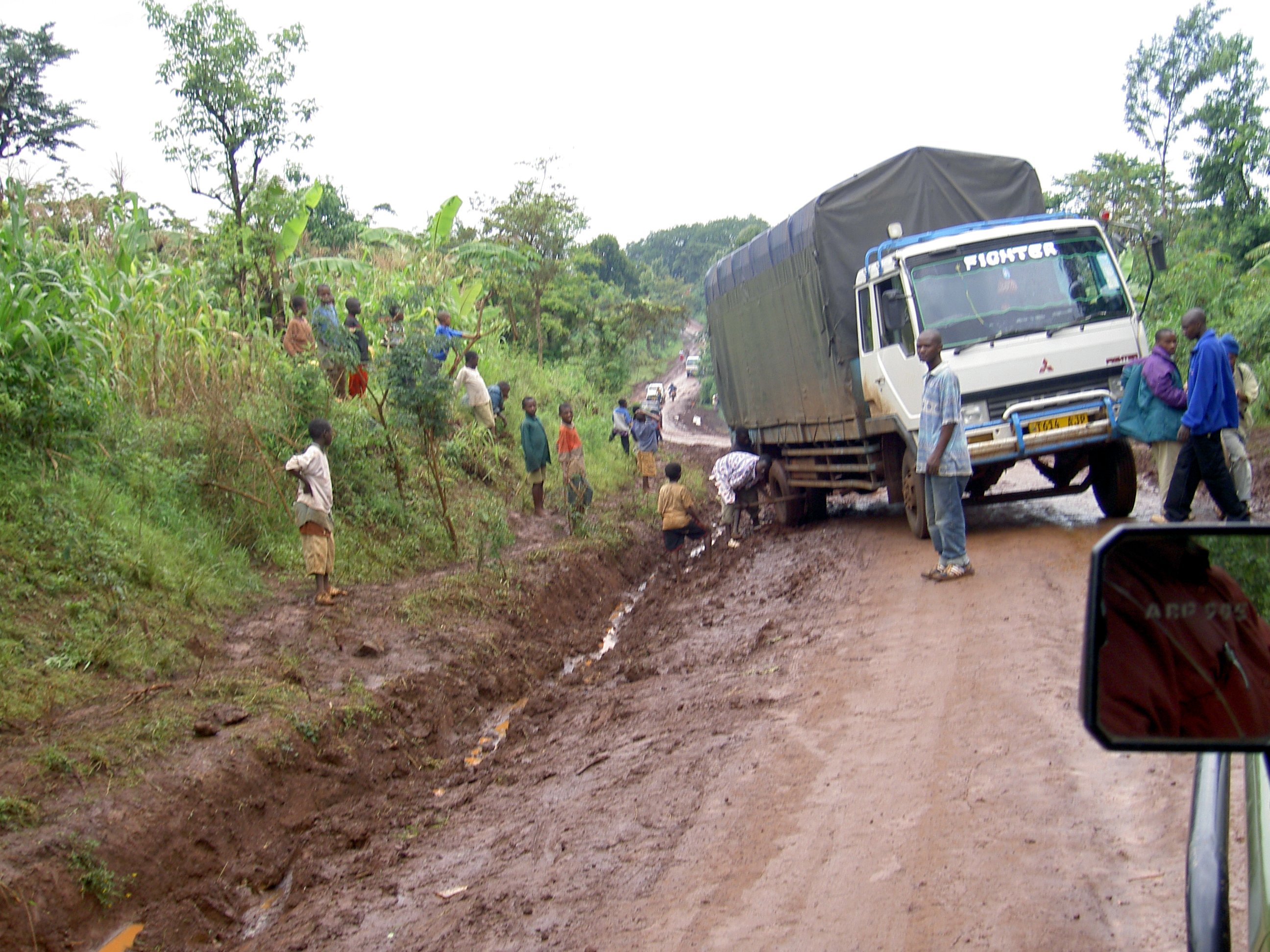
While the U.S. hopes that drone delivery will be a reality soon, experts agree that the logistics – and the politics – of drone delivery are daunting. But although fully integrated airspace in the U.S. might be a long way off, drone delivery in Africa is poised for liftoff. “The Rwandan government and private companies are working on an ambitious project,” reports international publication DW. Drones will soon begin to transport blood samples from hospitals in the west of Rwanda to central laboratories.
In some ways, the strong infrastructure that the U.S. enjoys slows down adoption of new technologies. Drone delivery might be available much sooner in Africa for a simple reason: Africa needs it more. “Dubbed the ‘land of a thousand hills’, road transport is an expensive and time-consuming business,” says DW. Drone delivery offers a faster solution to the transport problem, simply because it requires less infrastructure – if the country can forego the construction and maintenance of a road and rail system entirely, an investment in the logistics of drones will pay for itself many times over.
That was the thrust of the recent “Logistics and Mobility – Digital Africa” conference held in Berlin. The
conference was hosted by the Afrika-Verein, a group of German companies with business interests in Africa. There is a significant business reason for working towards drone delivery in Africa: costs of transportation are the highest in the world, exceeding those of Europe or other developing countries like those in South America.
“You may know that Google or Facebook are all testing this in urban situations here in Europe or America, but we do not think that it makes sense, because we have a well-set infrastrucure here. But for Sub-Saharan Africa, it does make sense to establish an autonomous and rechargeable air transporting system as a logistical approach,” Stefan Zelazny of Mobisol, a company providing solar panels to African households, told DW.
The adoption of drone delivery may mirror that of cell phones; developing countries without good existing landline coverage were the fastest to adopt mobile technology. Wile there is no denying that Africa still needs investment in transportation infrastructure, the lack of an existing framework may help them to be the first to adopt a revolutionary solution.

Miriam McNabb is the Editor-in-Chief of DRONELIFE and CEO of JobForDrones, a professional drone services marketplace, and a fascinated observer of the emerging drone industry and the regulatory environment for drones. Miriam has penned over 3,000 articles focused on the commercial drone space and is an international speaker and recognized figure in the industry. Miriam has a degree from the University of Chicago and over 20 years of experience in high tech sales and marketing for new technologies.
For drone industry consulting or writing, Email Miriam.
TWITTER:@spaldingbarker
Subscribe to DroneLife here.







[…] post Why Africa May Be First for Drone Delivery appeared first on […]